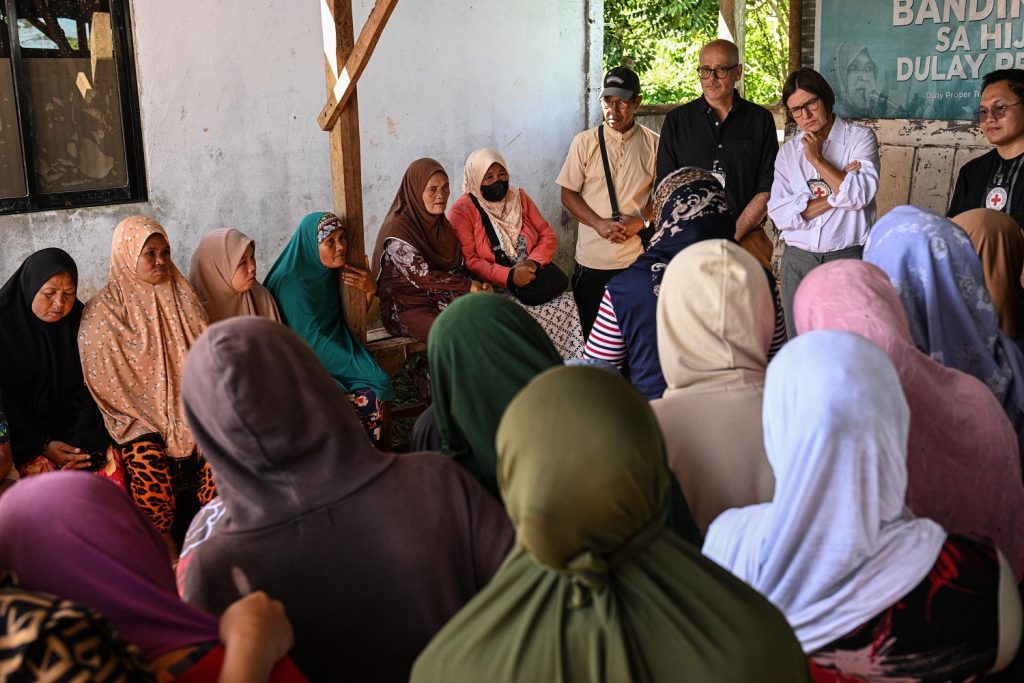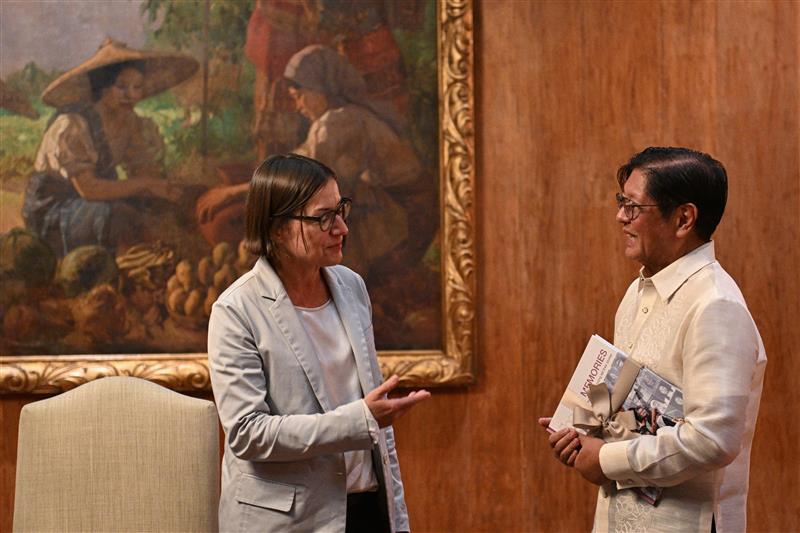MANILA (ICRC) – Mirjana Spoljaric, president of the International Committee of the Red Cross (ICRC), emphasized the critical role of international humanitarian law (IHL) in alleviating suffering and preserving pathways back to peace during her first official visit to the Philippines from 19 to 21 August 2025.
Spoljaric travelled to the epicentre of the 2017 Marawi conflict, where she heard from people still grappling with the lasting consequences of the fighting. She also visited a transitory shelter and the Maqbara cemetery, where unidentified human remains are buried. More than 300 families are still searching for loved ones who went missing during the conflict, while thousands of people are still displaced from their homes.
The effects of armed conflict can be felt for years, if not decades, after hostilities cease. IHL obligations extend beyond active armed conflict, as seen in the Marawi conflict.

“It is possible and essential to bring the cases of the missing to a close. The ICRC will continue to work with the authorities and families to clarify the fate of missing people. Helping them find answers is vital for healing and recovery,” Spoljaric said.
In Manila, Spoljaric met Philippine President Ferdinand Marcos, Jr., and other high-level officials. She reiterated the importance of IHL in reducing the human and economic costs of war globally, and stressed that the Geneva Conventions remain essential even after fighting ends.
During her visit, Spoljaric also met with Secretary Maria Theresa Lazaro of the Department of Foreign Affairs; Secretary Gilberto Teodoro, Jr. of the Department of Defense; and Lt. Gen. Rommel Roldan, deputy chief of staff of the Armed Forces of the Philippines. She also engaged with the leadership of the Philippine Red Cross.
“The Philippines is an active supporter of IHL and is taking a leading role in global efforts to revitalise states’ commitment to these lifesaving rules,” Spoljaric said. “In a world where there are approximately 130 armed conflicts – many of high intensity – we need more states to consistently champion the rules of war to reduce suffering and preserve pathways back to peace.”



